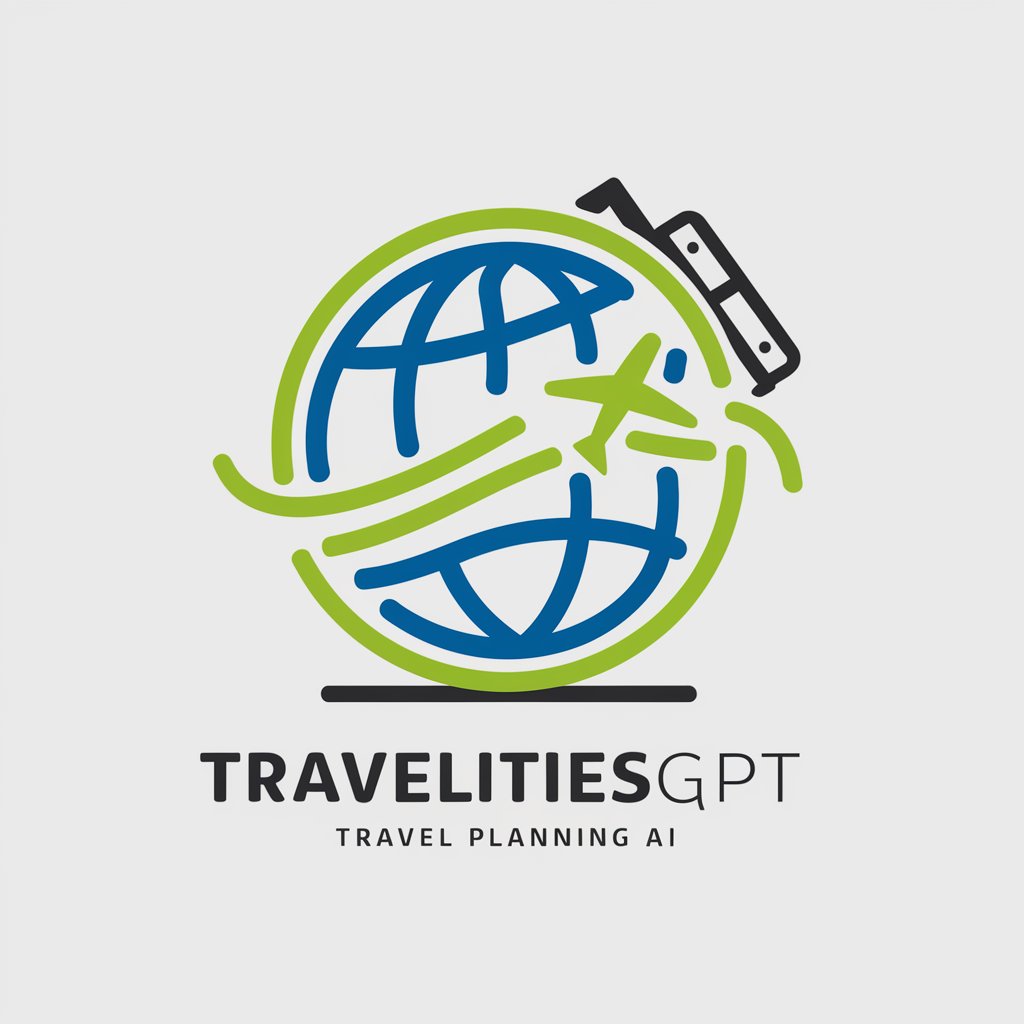👑 Data Privacy for Insurance Companies 👑 - Data Privacy Compliance Tool

Safeguarding Insurance Data with AI
What are the main challenges insurance companies face regarding GDPR compliance?
Can you explain the impact of CCPA on insurance companies' data handling practices?
How should insurance companies approach international data transfers under GDPR?
What are the key differences between GDPR and APP in terms of data protection for insurance companies?
Get Embed Code
Understanding Data Privacy for Insurance Companies
Data Privacy for Insurance Companies is designed to serve as a pivotal resource in the realm of data protection, specifically tailored for the insurance sector. Insurance providers collect and process a vast array of personal information, including health, financial, and property details, necessitating stringent data protection measures. This function is crucial for ensuring compliance with global data privacy regulations such as GDPR, APP, CCPA, and others, tailored to safeguard customer data effectively. By illustrating scenarios like handling sensitive health information for policy underwriting or managing financial data for claims processing, it becomes clear how vital comprehensive data protection strategies are in maintaining trust and legal compliance. Powered by ChatGPT-4o。

Core Functions and Real-World Applications
Regulatory Compliance Advice
Example
Guiding insurance companies through GDPR's requirements for processing personal data.
Scenario
An insurance firm in Europe must ensure that its data processing activities comply with GDPR. This includes obtaining explicit consent from policyholders for the use of their personal data, implementing robust security measures to protect this data, and ensuring that data subjects' rights are fully supported.
Data Protection Impact Assessments (DPIA)
Example
Conducting DPIAs for new insurance products that involve sensitive data processing.
Scenario
Before launching a new health insurance product, an insurance company performs a DPIA to identify and mitigate any potential privacy risks associated with the processing of health data, ensuring that the product design aligns with privacy regulation requirements.
Incident Reporting and Management
Example
Establishing protocols for breach notification in line with GDPR.
Scenario
When a data breach occurs, the insurance company must follow established procedures for promptly reporting the breach to the relevant authorities and notifying affected individuals, minimizing the impact and complying with legal obligations.
Target User Groups
Insurance Providers
Insurance companies of all sizes that process personal information in the course of offering health, life, property, and casualty insurance. They benefit from tailored compliance strategies that mitigate risks and safeguard customer data.
Compliance Officers and Legal Advisors
Individuals responsible for ensuring that insurance operations comply with data protection laws. They gain from specialized advice and tools for navigating the complex landscape of global data privacy regulations.

How to Utilize Data Privacy for Insurance Companies
1
Initiate your journey by accessing a platform offering a no-cost trial, allowing exploration without the necessity of account creation or subscription to premium services.
2
Familiarize yourself with data privacy regulations relevant to the insurance sector, such as GDPR, CCPA, and others, to understand the framework within which the tool operates.
3
Identify the specific data privacy challenges or requirements your insurance company faces, such as consent management, data retention policies, or international data transfer issues.
4
Utilize the tool to analyze and audit your current data handling practices, identifying areas of non-compliance and potential risk.
5
Implement the recommended solutions and best practices provided by the tool to ensure compliance with relevant data protection regulations, enhancing customer trust and data security.
Try other advanced and practical GPTs
Academic Mentor
Elevating Academic Excellence with AI

キャラクター構造化ツール
Craft detailed characters with AI

Disruptive Innovation Lab
Powering your next market disruption with AI

HAPPIER
Elevate happiness with AI-powered positivity

New Coach Mentor
Empowering Coaches with AI-Driven Insights

Health Companion
Empowering your health journey with AI.

Fitness Guru
Empowering your wellness journey with AI

👑 Data Privacy for Life Coaching & PD Services 👑
Secure, Compliant Coaching with AI

AI for Business Tutor | GPT
Empowering Business with AI Insights

RPGPT
Craft Your Adventure with AI

👑 Data Privacy for Yoga Retreats & Wellness 👑
Empowering Privacy in Wellness

Travelities GPT
AI-Powered Personal Travel Assistant

FAQs on Data Privacy for Insurance Companies
What regulations does this tool help insurance companies comply with?
It aids in adherence to global data privacy regulations such as GDPR, CCPA, APP, and other regional and international laws, tailored to the unique needs of the insurance sector.
How can insurance companies benefit from implementing data privacy measures?
By ensuring compliance, insurance companies can avoid hefty fines, enhance customer trust, and secure sensitive data against breaches, thus maintaining their reputation and operational integrity.
Can this tool assist with data breaches and incident reporting?
Yes, it offers guidance on managing and reporting data breaches in accordance with regulatory requirements, helping to mitigate potential damages and maintain regulatory compliance.
Does the tool offer solutions for international data transfers?
Absolutely. It provides strategies for secure data transfer across borders, ensuring compliance with GDPR's strict regulations on international data sharing.
How does the tool support consent management?
It offers mechanisms for obtaining, managing, and documenting user consent, ensuring that insurance companies can prove compliance with laws mandating explicit user permission for data processing activities.
